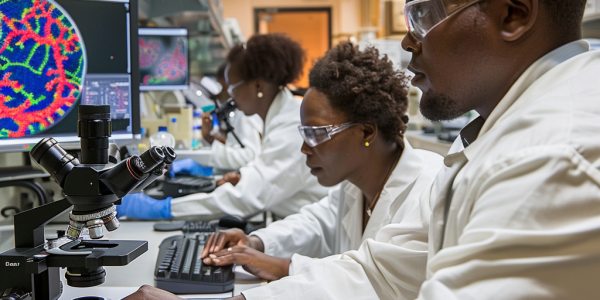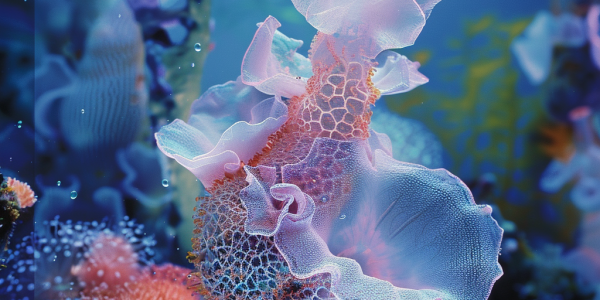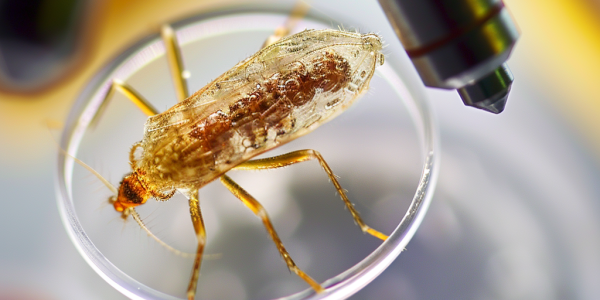Breakthrough Study Unlocks Potential to Combat Malaria Drug Resistance
Researchers at UC San Diego have made a breakthrough in malaria treatment by analyzing the genomes of malaria parasites. This study, published in Science, identifies genetic variants linked to drug resistance, paving the way for more effective therapies and improved predictions of treatment outcomes. As malaria remains a critical global health issue, these findings offer hope for controlling and potentially eradicating the disease.
Breakthrough in Malaria Treatment: New Compound MED6-189 Shows Promise Against Drug-Resistant Parasites
Scientists have discovered a promising new antimalarial compound, MED6-189, derived from marine sponges, offering hope in the fight against drug-resistant malaria. This breakthrough highlights the potential of natural products in developing effective treatments for malaria, a major global health threat. Ongoing research aims to further evaluate MED6-189’s efficacy and safety, emphasizing the need for innovative solutions to combat rising malaria cases.
Urgent Action Needed to Address Drug-Resistant Malaria Crisis in Africa
Scientists warn of an urgent crisis as drug-resistant malaria strains surge in Africa, threatening millions of lives. Recent studies show resistance to artemisinin has skyrocketed, prompting a call to action from 28 malaria researchers in the journal Science. Immediate intervention is crucial to prevent a repeat of past malaria fatalities. With over 20% of cases now resistant in certain regions, the global health community must act swiftly to combat this escalating threat.
Artemisinin: A Potential Game-Changer in PCOS Treatment
Discover how an ancient Chinese herbal extract, artemisinin, may revolutionize the treatment of polycystic ovary syndrome (PCOS) by regulating testosterone production in the ovaries. Learn about the potential of artemisinin as a novel therapeutic approach for PCOS and its broader health implications beyond just ovarian function.
New Mechanism Behind Malaria Parasite Drug Resistance Discovered
Researchers have identified a new mechanism behind the development of resistance to the antimalarial drug artemisinin. The study focused on tRNA modification, shedding light on how malaria parasites evolve resistance and opening up possibilities for innovative drug development. With millions of cases and hundreds of thousands of deaths reported annually, the emergence of resistance poses a significant challenge in combating malaria.





